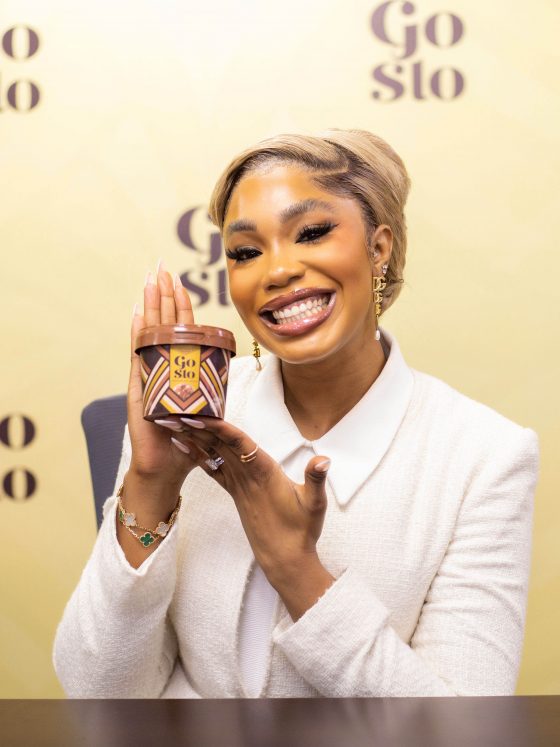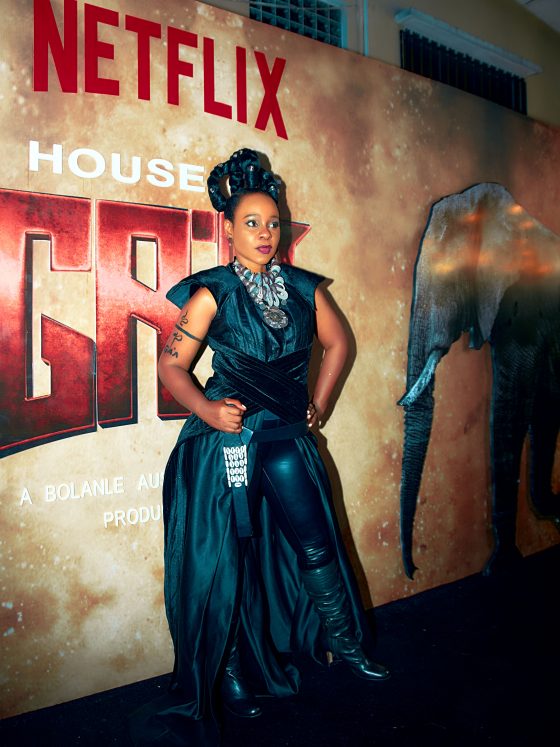Saying that social media has profoundly impacted how we communicate, connect, and consume information is more than stating the obvious. Some people would say that life before it was better, stating fewer distractions and more real contact with people as their reasons, while others, particularly the younger generation, would beg to disagree. Their argument is borne out of the fact that the emergence of social media platforms like Instagram, TikTok, and YouTube has given anyone with a smartphone and internet access the ability to reach a global audience.
While both sides of this argument are debatable, one of the most notable and significant changes brought about by social media is the rise of the influencer economy, which has empowered a new generation of content creators to make a living doing what they love. Gen Z influencers, in particular, have been able to leverage the power of social media to build thriving businesses and significantly impact how we think about marketing and branding.


Gen Z influencers are a unique breed of content creators born between 1997 and 2012. They are the first generation to have grown up with social media, and they have a natural understanding of how to use these platforms to their advantage. They are able to connect with their audiences in a way that is authentic and genuine, and they have a unique ability to create content that resonates with their followers.
The rise of the influencer economy has been driven by the increasing importance of social proof in the digital age. Consumers are bombarded with advertising from all sides and have grown skeptical of traditional marketing methods. Influencers, on the other hand, are seen as trusted sources of information and recommendations. They have built their audience by providing valuable content and engaging with their followers genuinely and authentically. This trust and authenticity is what makes influencer marketing so effective. Brands can reach their target audience through influencers who have already built relationships with their followers. Influencers are able to create content that is tailored to their audience, and they can provide valuable insights into the products and services they are promoting.
Gen Z influencers have been particularly successful in the fashion and beauty industry, using their creativity and personal style to build large followings on social media. They have been able to leverage their audience to build successful businesses, such as fashion and beauty lines, and to secure partnerships with major brands.
In addition to fashion and beauty, Gen z influencers have also been successful in the lifestyle and travel niches. They have built large followings by sharing their experiences and insights on various topics, from travel and food to personal development and wellness. They have also been able to leverage their audience to build successful businesses and secure partnerships with major brands in the travel and hospitality industry.


The rise of the influencer economy has also significantly impacted how we think about marketing and branding. Traditional advertising methods are no longer effective in reaching consumers, and brands have had to adapt to the new reality of social media. Influencer marketing has become an essential component of any brand’s marketing strategy, and brands are willing to invest significant resources to secure the services of the most successful influencers.
However, the influencer economy is not without its challenges. The industry is still in its early stages, and there is a lack of regulation and oversight. This has led to concerns about the authenticity of influencer content and the potential for influencer fraud. Additionally, the industry is highly competitive, and influencers are under constant pressure to produce new and engaging content to keep their audience engaged.
Despite these challenges, the influencer economy is here to stay. Social media has empowered a new generation of creators to build thriving businesses, and Gen z influencers will continue to make a significant impact on the way we consume the media.













